The Missing American Dream
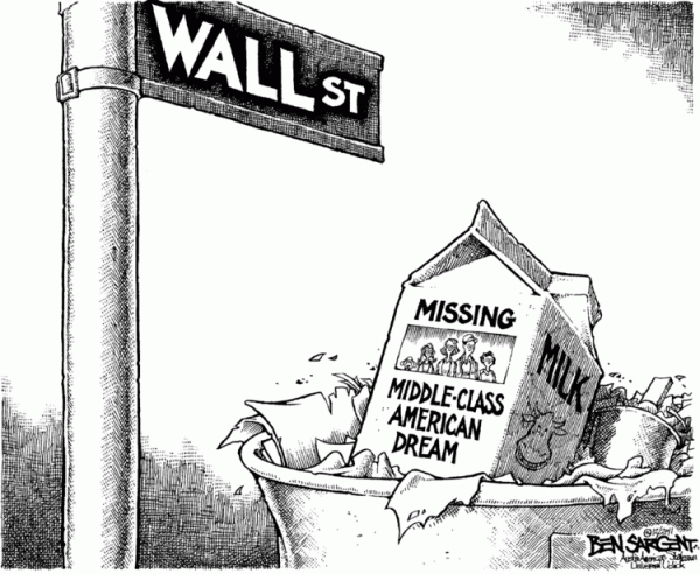
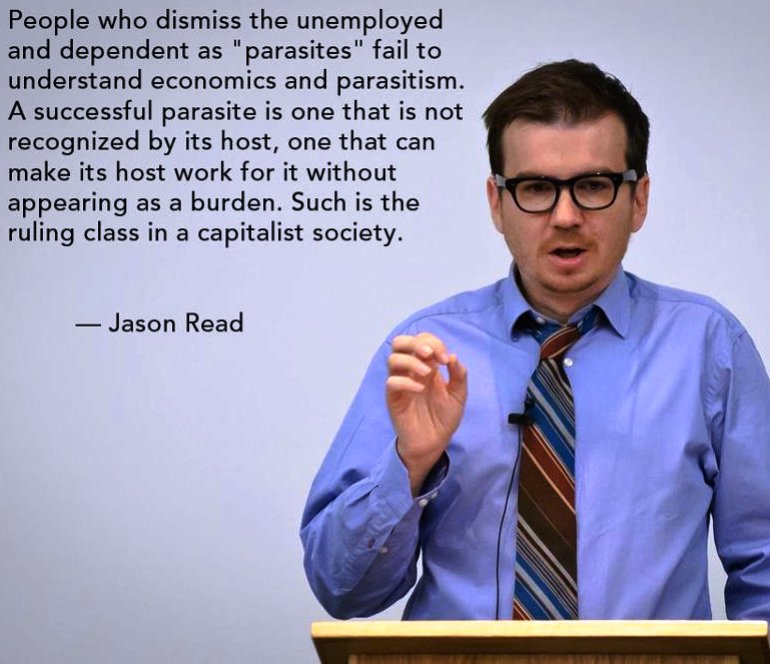
Jason Read provides an illuminating quote on the true parasites in a capitalist economy:
People who dismiss the unemployed and dependent as “parasites” fail to understand economics and parasitism. A successful parasite is one that is not recognized by it’s host, one that can make it’s host work for it without appearing as a burden. Such is the ruling class in a capitalist society.
Enjoy this Jason Read quote on the parasites in capitalism? Then be sure to check out great critiques of capitalism on ProseBeforeHos.
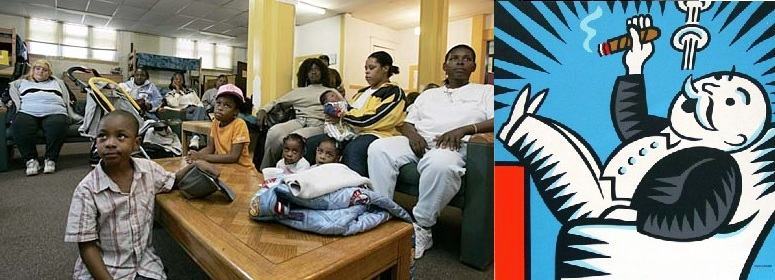
As the United States economy withers away into a ghost town, the truth is that the economy has been eroding for years; it is only now in the darkest of hours that one can hear the violins play while the foundation of the United States – the middle class – crumbles into debt and unemployment. “Public Home Auction” signs are now more prevalent in American neighborhoods than the once familiar white picket fence; the average American’s erstwhile dreams of prosperity have been held hostage for years by social negligence and politically sanctioned acts of corporate predation.
As a consequence, the hopes and future of many Americans are shackled by the ball and chain of seemingly interminable economic woes and unemployment anxieties made that much heavier by the great disparities of wealth that currently suffocate the perishing American middle class. The picture, then, is certainly a grim one: national poverty has hit a nearly 20-year high, unemployment rates remain stagnant around 10 percent, and many now speculate that the generational sobriquet of today’s 20 and 30-somethings will not begin with the words “prophet” or “hero” but rather the word “lost.”
Though for some, particularly the top decile of wealthy Americans, the outlook is not so dour. Reaping the benefits of across the board marginal tax rate deductions doled out by Ronald Reagen while simultaneously capitalizing on the profits from unregulated financialization, the economic elite took home nearly half of the wealth the United States in 2007. Such a disparity hasn’t existed since 1917, and so dramatic that it even eclipsed that of the “roaringly” disproportionate distribution of wealth seen in the precarious peak of the 1928 stock market. The benefits of this system have come in deluges for those chosen few, yet for everyone else have “trickled down” into a seemingly ceaseless drought.
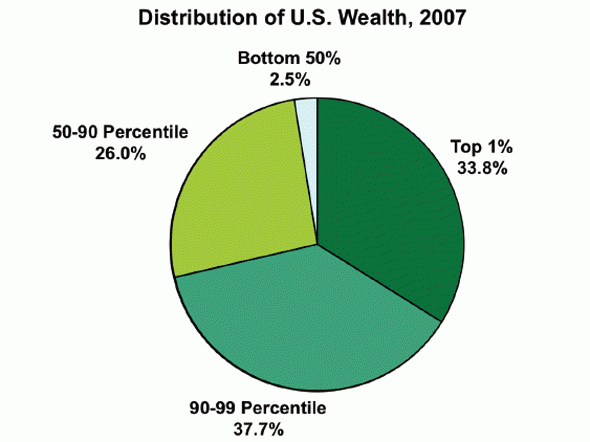
Recently, a few dissenting members of the fiscal elite and political establishment have tried to salvage what’s left of the marrow of the increasingly anemic American economy with their proposal of a modest tax increase on those earning more than $1 million a year. The goal of the Buffett Tax, named for the high-ranking business rogue Warren Buffett, is to ensure that the top 1 percent pay at least the same annual percentage of their earnings as the middle class.
One would assume that after years of economic growth disproportionately enjoyed by the upper class, it would be the lower and middle class who would first cry of injustice of the Buffett Rule’s modest attempts to rectify economic inequality. Rather, it was Senator Paul Ryan, resident sycophant of the wealthy, who made the first of many hyperbolic and rather ironic claims that the proposal of the Buffett Rule was nothing more than Obama initiating class war.
Conversely, middle and lower class Americans have been intimidated into silence by years of economic insecurity and predation. It is the facts accompanied by the stories of those brave enough to share their suffering that must speak for the invasive growth of poverty. And make no mistake, the facts suggest that it is not the elite and unscathed few who should be angered and outspoken, but rather the masses.

Full text below:
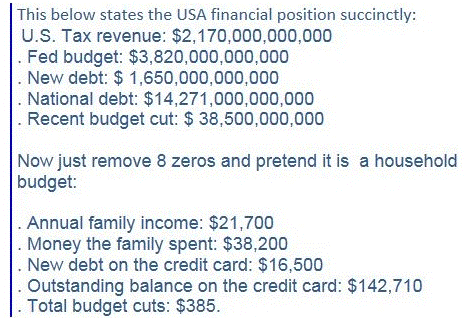
And that, my friends, is why we cannot cut defense spending. Just things that help the poor.